The UK and Australia's tightening of work visas will have the strongest impact on people who study abroad to find a way to settle down but are not highly skilled, according to experts.
The UK Home Office said earlier this month it would review the Graduate Route visa scheme, which currently allows international students to stay and work for two to three years.
In addition, international students will need to earn £38,700 (more than $49,000), instead of £26,200, to apply for a skilled worker visa (allowing them to stay for five years), starting in spring 2024. In May, the country restricted international students from bringing family members into the country and did not allow them to switch from a student visa to a work visa before graduation.
Australia also announced a new immigration strategy on December 11. Accordingly, from the beginning of next year, the post-study work visa for international students (visa 485) will only last 2-3 years, instead of 3-6 years as in July. In addition, the age to apply for this visa will be reduced from 50 to under 35 years old.
The policies are aimed at reducing net immigration, in the context of a record increase in international students coming to Australia and the UK after the Covid-19 pandemic. These are two of the six most popular study abroad destinations for Vietnamese people. Currently, nearly 29,700 Vietnamese students are in Australia, of which more than 7,500 are studying vocational courses from 6 to 24 months. Meanwhile, there are about 12,000 Vietnamese students in the UK, according to statistics from the Ministry of Education and Training in 2020.
New rules aimed at reducing immigration and improving the quality of higher education could make it harder to get a study permit in the UK and Australia, reducing the time international students spend studying and their chances of settling down after graduation.
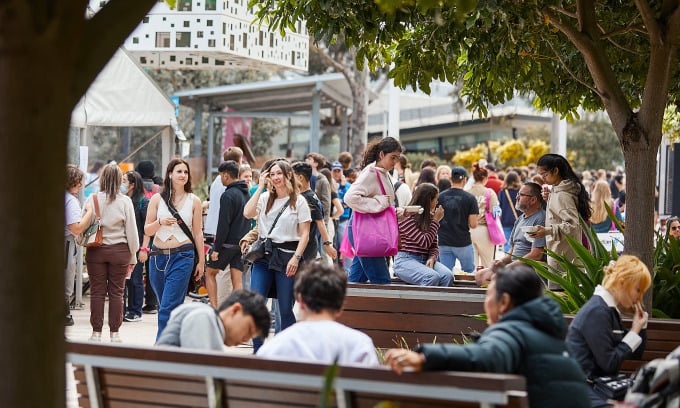
Deakin University campus, Australia. Photo: Deakin University
Professor Tran Thi Ly, an international education expert at Deakin University, Australia, said that applying for a student visa to the UK and Australia will no longer be as easy as in past years, but the specifics will have to wait for the policy to come into practice.
"Post-graduation visas are considered one of the trump cards to attract international students, so with the tightening policy, the number of international students coming to these countries will be affected," said Ms. Ly.
The second, more obvious impact is that international students have reduced job and immigration opportunities, especially in Australia because previous policies were more open than in the UK, according to Professor Hoang Lan Anh, a migration research expert at the University of Melbourne.
The number of students in this category is quite large. In a study led by Ms. Ly, when surveying more than 1,100 international students with temporary post-study work visas (visas 485), 76% said that the opportunity to obtain this visa was an important factor when choosing to study abroad. According to a qualitative study conducted by Ms. Lan Anh over the past three years, most Vietnamese students studying in Australia aim to settle down.
Ms. Lan Anh stated that for those who have financial capacity, good English, and study the right professions that Australia needs, a two or four year visa will have almost no or very little impact. The new policy has a big impact on the second group of people: vocational and university students who are not very excellent, and after graduating, will do anything to stay.
Ms. Lan Anh cited data from a 2019 study of skilled migrants in Western Australia: 41% of respondents were underemployed, 20% were unemployed, and nearly 40% had to do jobs that required lower qualifications. This is the biggest problem for migrant workers, including Vietnamese. Vietnamese migrants are also considered one of the communities with the lowest English proficiency.
"Many people are weak in English, have no professional skills, and find it difficult to find a job in their field after graduation. Because they want to get a permanent resident card, the length of stay is very important, because the longer it lasts, the more time they have to make ends meet," Ms. Lan Anh analyzed. She added that the Australian government has enough data on people who study for bachelor's, master's, and doctoral degrees but then go to work as manual laborers after graduation. The new policy is to reduce this group.
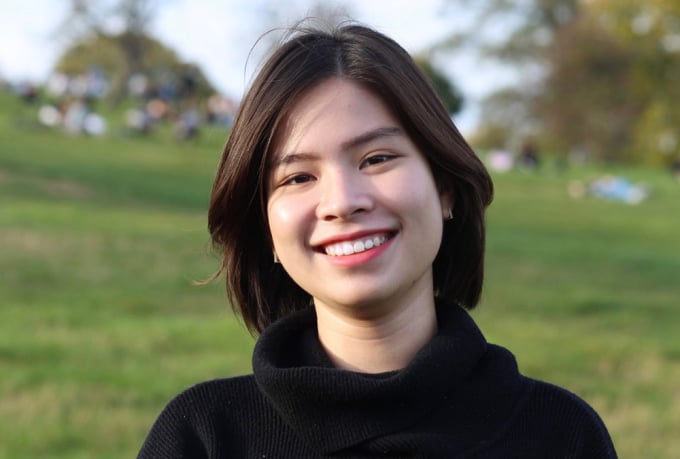
Phuong Anh, an international student in the UK. Photo: Provided by the character
Phuong Anh, a third-year student at the School of Oriental and African Studies (SOAS) at the University of London, UK, said that most international students have paid high tuition fees to study in this country, averaging £22,000 (over 670 million VND)/year, and often want to stay and work. However, very few companies are willing to pay the salary of £38,700 per year.
"It is extremely difficult to find a job with such a high starting salary and a company sponsoring a visa to stay in the UK," Phuong Anh said, adding that she is considering returning home or finding a job in China.
According to the Telegraph , a survey by the British Ministry of Education shows that students after 5 years of graduation have an average income of only about 26,000-34,000 pounds/year. The prestigious University of Oxford pays a post-doctoral researcher a salary of only 36,000 pounds (first level).
Nguyen Huyen Trang, a second-year student at the University of Tasmania, Australia, is also worried about employment.
"My stay in Australia will be reduced by one year compared to the current one, which means less opportunities to experience the working environment and gain experience in jobs related to my field of study," Trang explained. She said she will try to apply for a skilled visa to stay longer.
The new regulation certainly brings difficulties to Vietnamese international students, but it is also reasonable to ensure the rights of serious international students.
Ms. Lu Thi Hong Nham, Director of Duc Anh Study Abroad Consulting and Translation Company, said that when Australia relaxed its visa policies after the pandemic, many businesses took advantage to send people abroad to study under false pretenses. Many parents and students were deceived.
“The Australian Government is ‘clearing’ places where it needs to, to make more space for serious and qualified international students,” she said.
Mr. Nguyen Thanh Sang, General Director of Vietnam and Singapore, IDP Education, said that the changes in the UK and Australia help international students focus on their study goals. In Australia, even if the 485 visa period is shortened, good international students still have potential with a skilled visa.
Experts say international students and parents need to consider carefully when choosing a study abroad destination.
Ms. Hong Nham said the first thing families need is a stable financial situation, instead of expecting their children to earn money while studying abroad. "There are many cases where people cannot earn money but still have to pay for school, so the rice is ruined and the popcorn is ruined," Ms. Nham said.
Professor Hoang Lan Anh advises international students to choose the professions they like and are capable of. According to her, many people often refer to the list of occupations prioritized for settlement, but this list changes constantly. She gives an example: Previously, Australia prioritized accounting or hairdressing, leading to international students flocking to study these professions, but after a while, they dropped them or increased their scores to consider skilled visas.
"If you only follow the list of priority occupations, it is not certain that after 2-5 years of completing your studies, that occupation will still exist," Ms. Lan Anh noted.
In addition, Vietnamese students need to focus on developing career abilities, soft skills, networks and accumulating work experience right from the time they enroll instead of waiting until they are close to graduation, according to Professor Ly.
"International students need to consider many factors, including job opportunities after graduation and career aspirations, to make the decision to study abroad," she said.
Dawn - Huy Quan
Source link


![[Photo] Special relics at the Vietnam Military History Museum associated with the heroic April 30th](https://vstatic.vietnam.vn/vietnam/resource/IMAGE/2025/4/3/a49d65b17b804e398de42bc2caba8368)
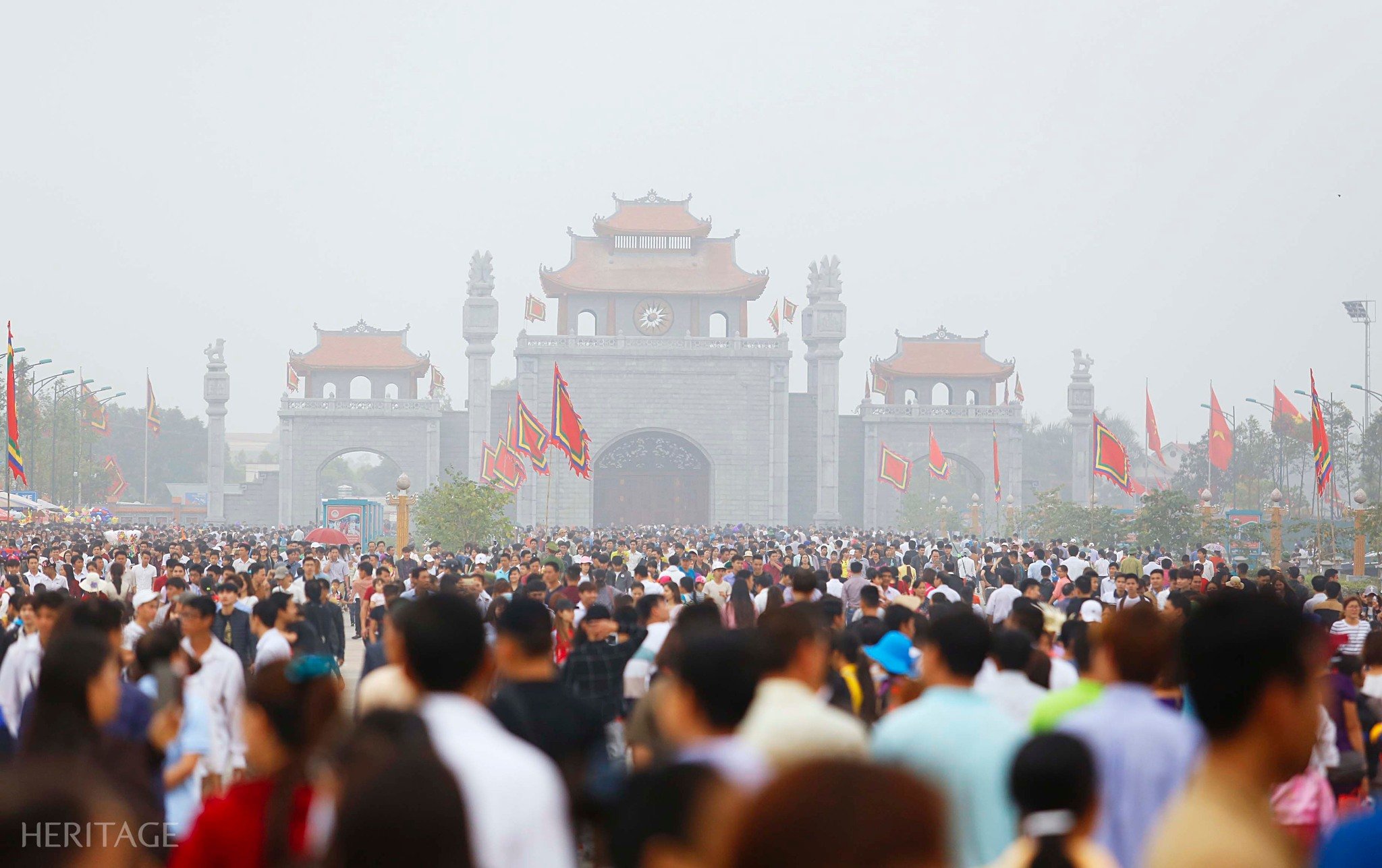
![[Photo] Moment of love: Myanmar people are moved to thank Vietnamese soldiers](https://vstatic.vietnam.vn/vietnam/resource/IMAGE/2025/4/3/9b2e07196eb14aa5aacb1bc9e067ae6f)
![[Photo] Comrade Khamtay Siphandone - a leader who contributed to fostering Vietnam-Laos relations](https://vstatic.vietnam.vn/vietnam/resource/IMAGE/2025/4/3/3d83ed2d26e2426fabd41862661dfff2)









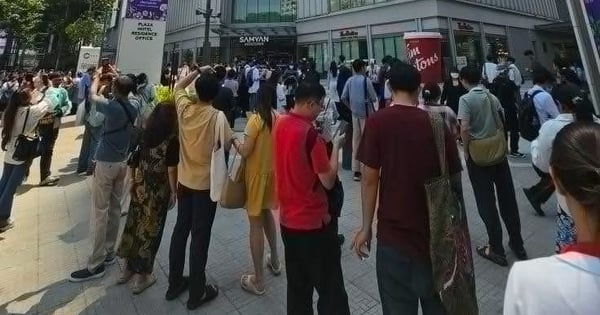

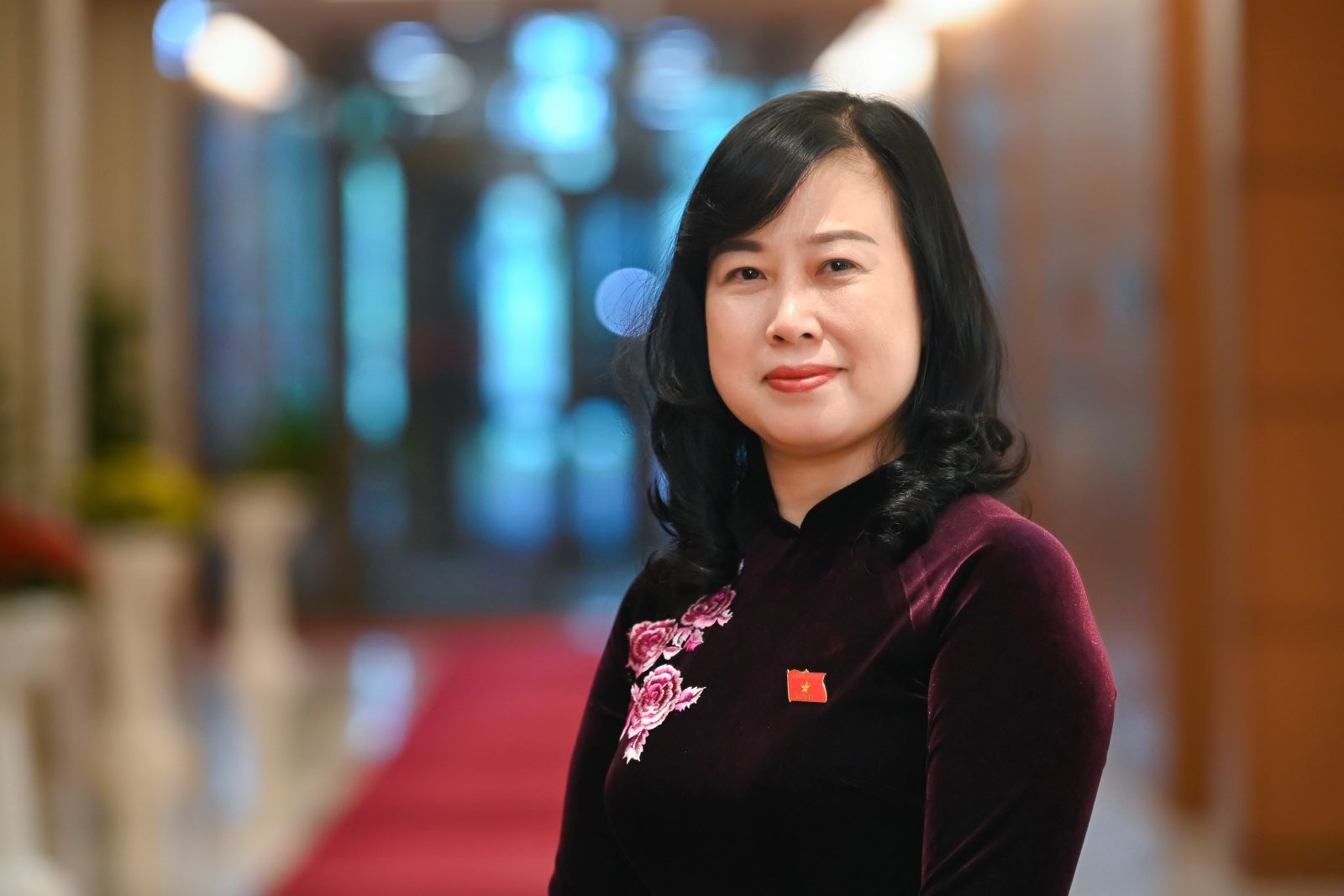

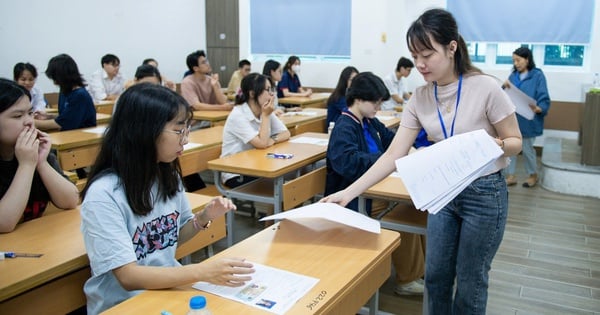

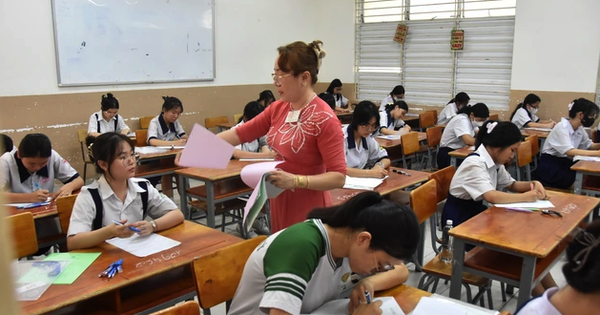

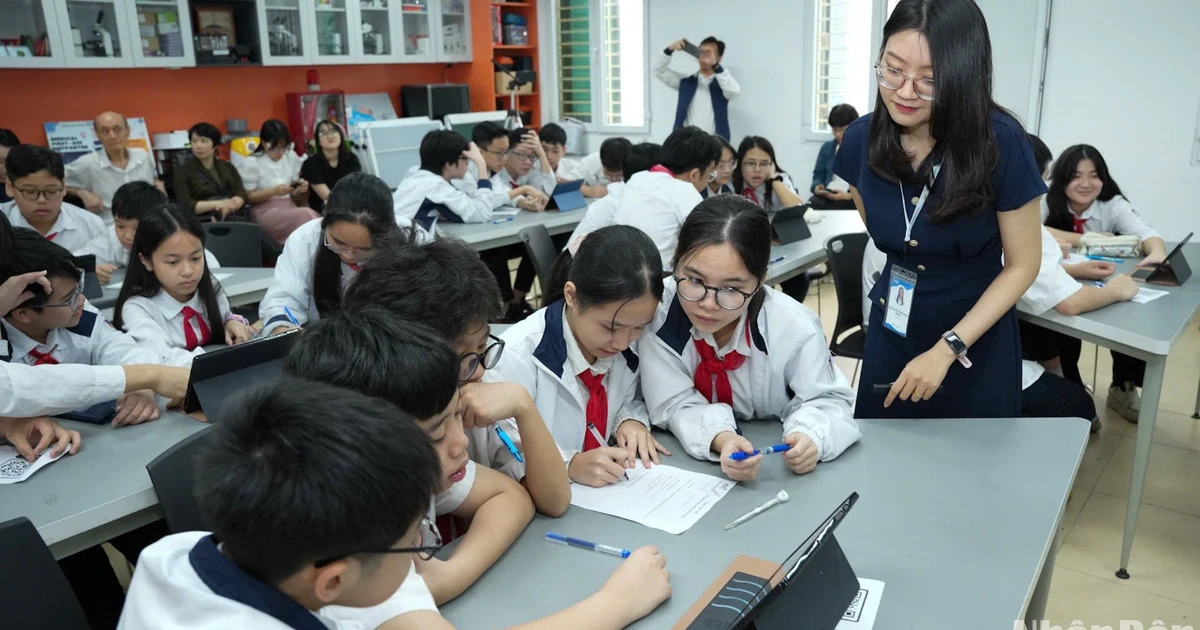
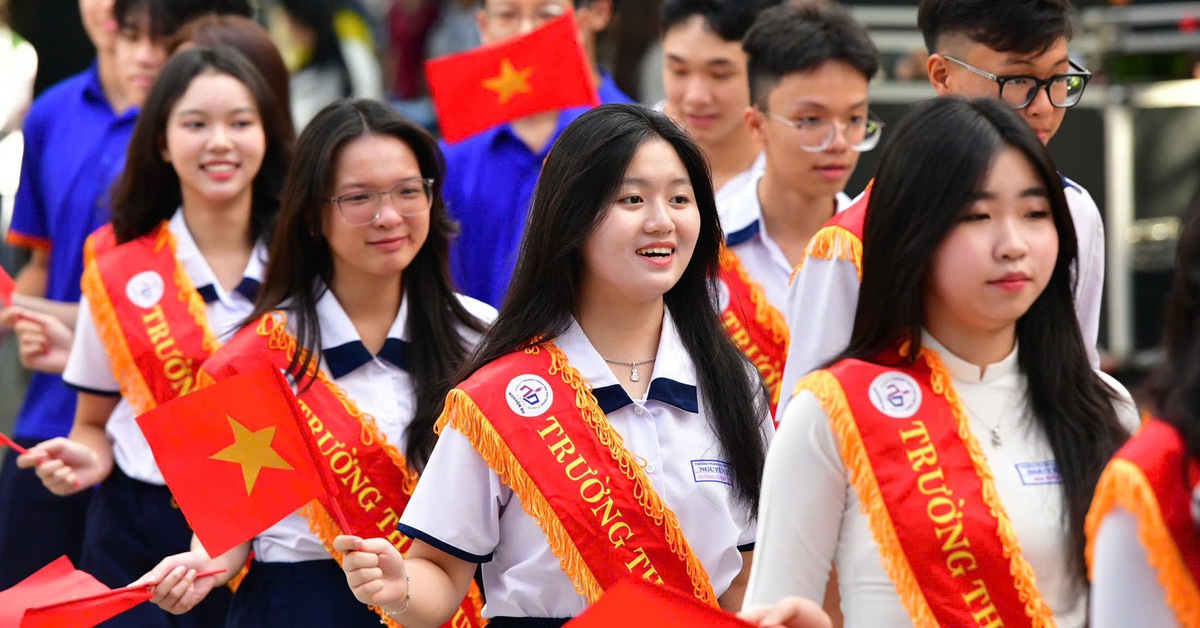









































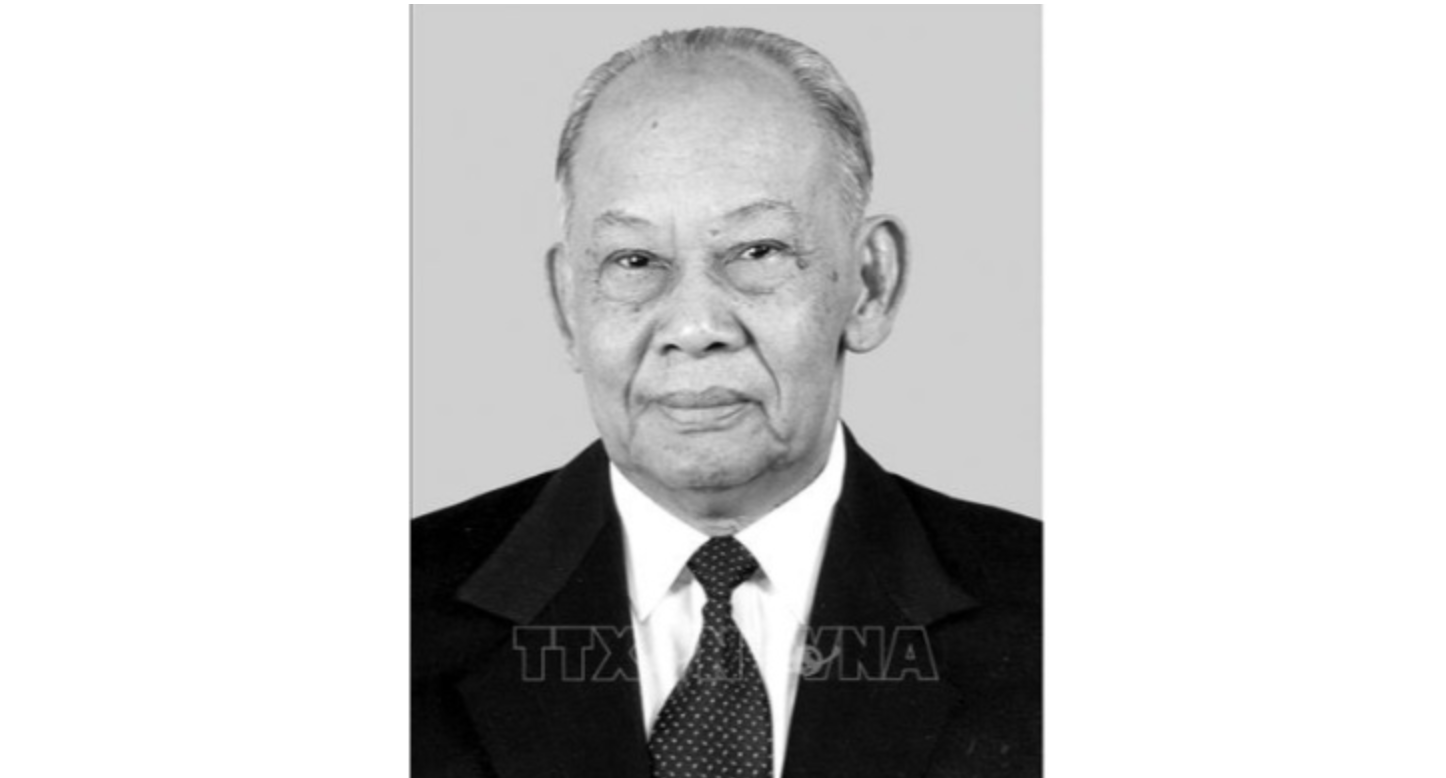

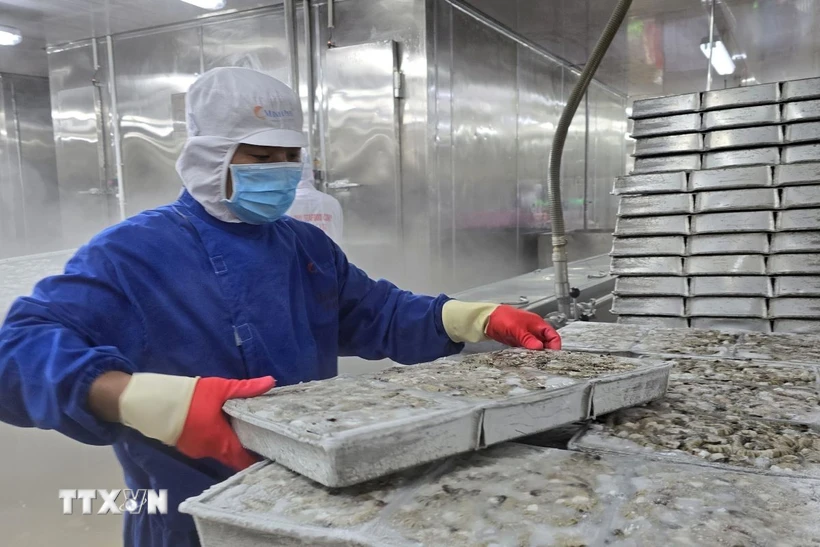
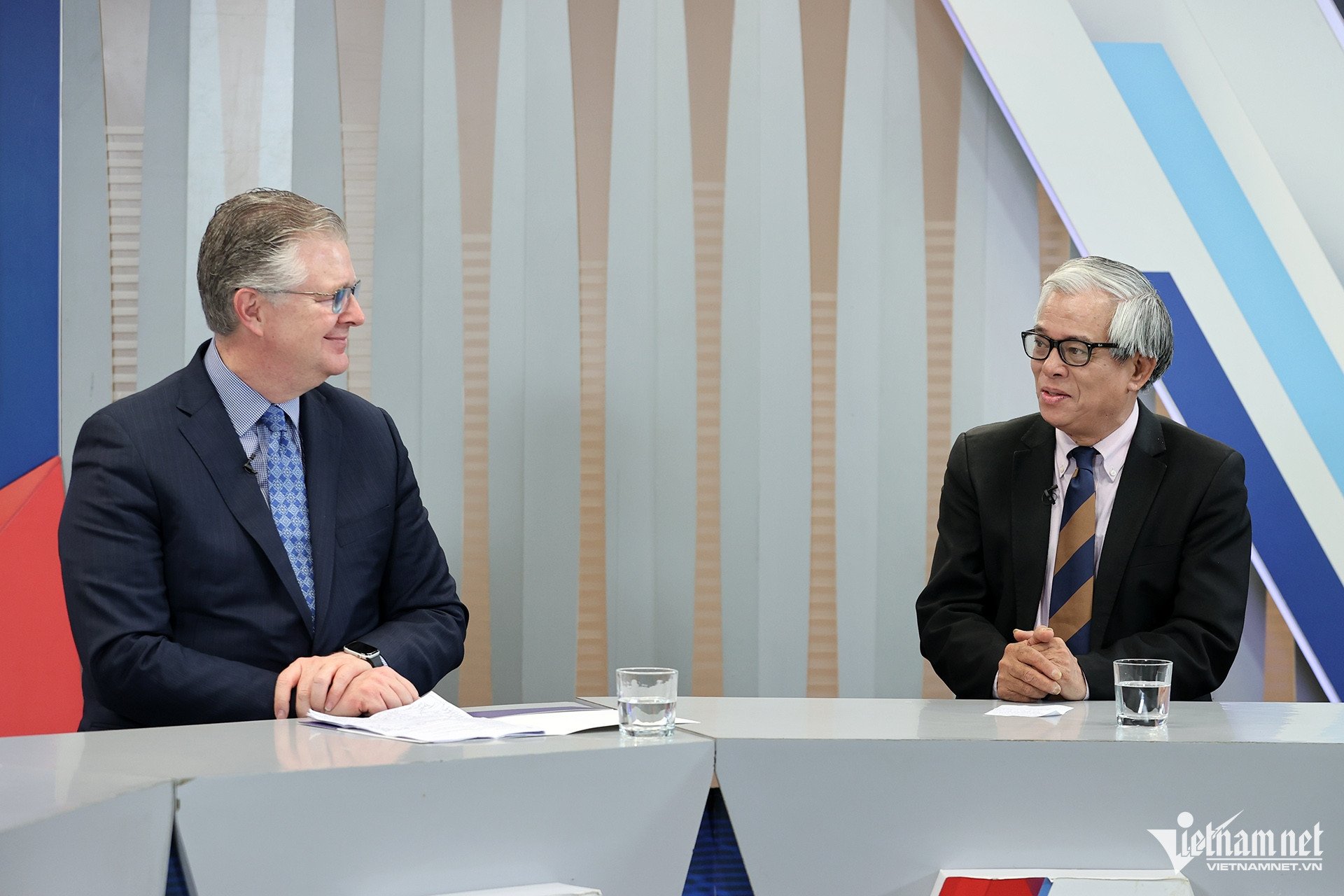







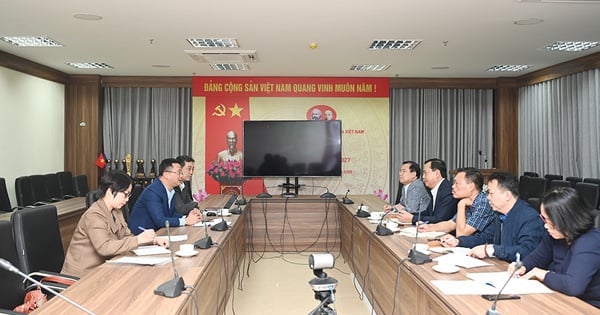





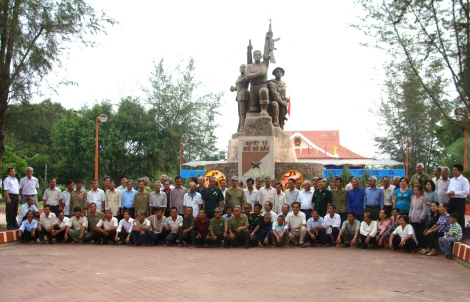

![[Podcast] News on March 24, 2025](https://vstatic.vietnam.vn/vietnam/resource/IMAGE/2025/4/3/f5fa1c3a9ae14d4590ac6965d233586b)












Comment (0)